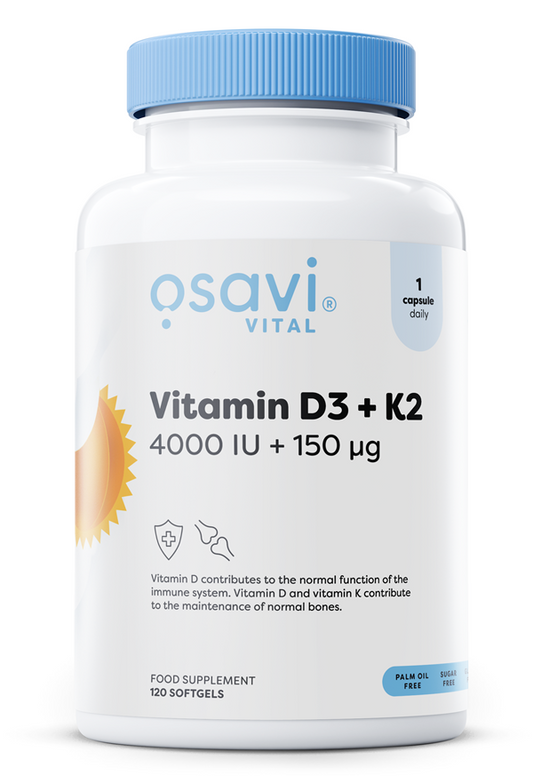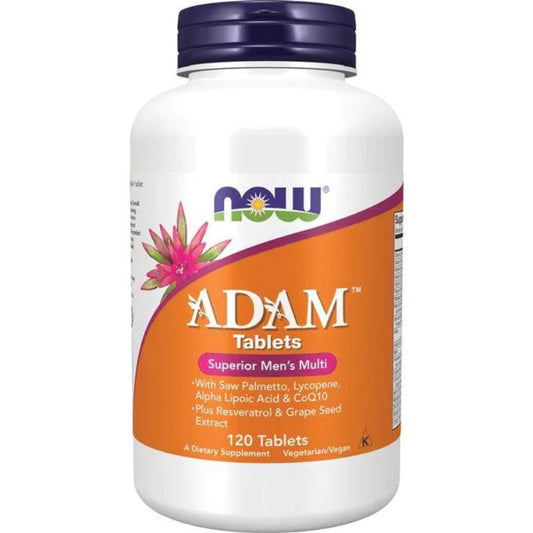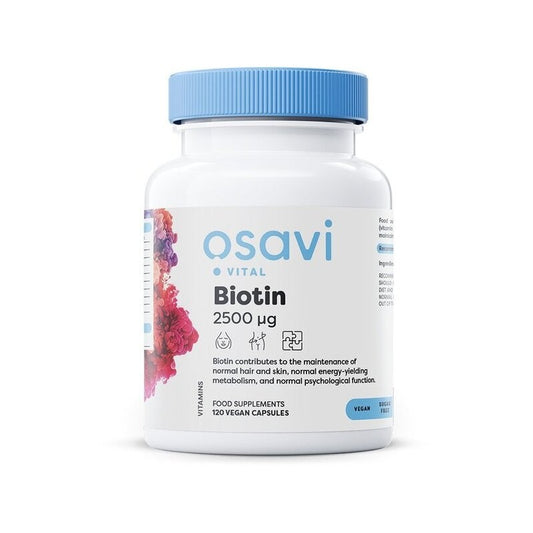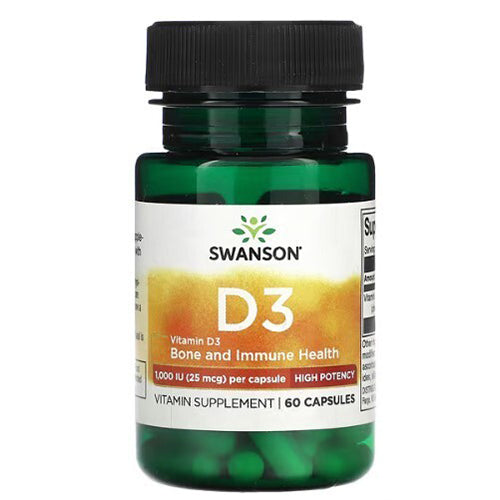
Magnesium: Essential Mineral for Muscle, Nerve, and Energy Wellness
Jakub SkibaMagnesium is a vital mineral that often flies under the radar despite its importance in daily wellness. It supports hundreds of enzymatic reactions in the body that keep muscles moving, nerves communicating, and energy levels steady. From maintaining natural body rhythm to helping you feel calm and balanced, magnesium quietly contributes to overall health and vitality. This essential mineral is found in leafy greens, nuts, seeds, whole grains, and some seafood, making it accessible through a balanced diet. Because the body does not produce magnesium on its own and stores only limited amounts, regular intake is necessary to maintain normal function. Incorporating magnesium-rich foods into your meals can help support energy metabolism, muscle relaxation, nerve signaling, and the body’s natural recovery processes.
This guide explains what magnesium is, why it’s important, how much you need each day, the best food sources, common signs of low intake, and practical advice on supplementation.
What Is Magnesium? Understanding This Essential Mineral
Magnesium is the fourth most abundant mineral in the human body. About 60% is stored in bones, while the rest is found in muscles, soft tissues, and fluids. Magnesium acts as a cofactor, meaning it helps hundreds of enzymes function properly. These enzymes support energy production, protein synthesis, muscle function, nerve signaling, and many other processes. Because magnesium is not produced naturally by the body, it must be obtained regularly from foods or supplements.
Why Magnesium Matters: Main Functions and Everyday Benefits
Magnesium plays an important role in normal body processes:
-
Energy Production: Helps convert food into usable energy.
-
Muscle Function: Supports normal contraction and relaxation.
-
Nerve Function: Helps regulate neurotransmitter activity and maintain balance in the nervous system.
-
Bone Support: Works alongside calcium and vitamin D to maintain healthy bones.
-
Heart Rhythm: Contributes to steady heartbeats and overall cardiovascular wellness.
-
Mood and Sleep: Supports relaxation and contributes to normal sleep patterns.
Adequate magnesium intake helps the body maintain these processes efficiently.
Recommended Daily Magnesium Intake
Daily magnesium needs vary by age, sex, and life stage. Recommended Dietary Allowances (RDA) are:
|
Age Group |
Magnesium RDA (mg/day) |
|
1–3 years |
80 mg |
|
4–8 years |
130 mg |
|
9–13 years |
240 mg |
|
14–18 years |
360 mg (f) / 410 mg (m) |
|
Adults 19–30 |
310 mg (f) / 400 mg (m) |
|
Adults 31+ |
320 mg (f) / 420 mg (m) |
|
Pregnant Women |
350–360 mg |
|
Breastfeeding Women |
310–320 mg |
Many adults do not reach these intake levels, particularly if diets are low in leafy greens, nuts, and whole grains.
Top Food Sources of Magnesium
Magnesium is widely available in plant-based foods and some animal sources. Focus on whole, minimally processed foods:
-
Leafy Greens: Spinach, Swiss chard, kale
-
Nuts and Seeds: Almonds, cashews, pumpkin seeds, sunflower seeds
-
Whole Grains: Brown rice, oats, quinoa, whole wheat bread
-
Legumes: Black beans, lentils, chickpeas, soybeans
-
Seafood: Salmon, mackerel, halibut
-
Fruits: Bananas, avocados, dried figs
-
Dark Chocolate: 70% or higher cocoa
-
Dairy & Yogurt: Modest sources, but still helpful
Cooking methods affect magnesium content—steaming or roasting vegetables preserves more than boiling.
Signs of Low Magnesium Intake
Many people may not get enough magnesium, particularly older adults or those with low intake of magnesium-rich foods. Signs of lower magnesium intake can include:
-
Muscle cramps or twitches
-
Fatigue or low energy
-
Numbness or tingling
-
Mood changes (irritability, anxiety)
-
Sleep disruptions
These signs indicate that increasing magnesium-rich foods may support normal function.
Should You Take Magnesium Supplements?
Magnesium needs are usually met through diet, but supplements can help fill gaps, especially for those with dietary restrictions or high physical activity.
Common Forms of Magnesium Supplements:
-
Magnesium Citrate: Well absorbed, may support digestion.
-
Magnesium Glycinate: Gentle on the stomach, supports relaxation.
-
Magnesium Oxide: Less absorbable, sometimes used for digestive purposes.
-
Magnesium Malate: May support energy and muscle function.
The tolerable upper intake from supplements is 350 mg/day for adults (excluding food sources). Always consult a healthcare professional before starting magnesium supplements, especially if you have kidney concerns or take medications.
Key Takeaways:
-
Most adults need 310–420 mg of magnesium daily, depending on age and sex.
-
Focus on leafy greens, whole grains, nuts, seeds, legumes, and seafood.
-
Magnesium supports muscles, nerves, heart, bones, mood, and sleep.
-
Supplements may help fill dietary gaps, but always consult a professional first.










